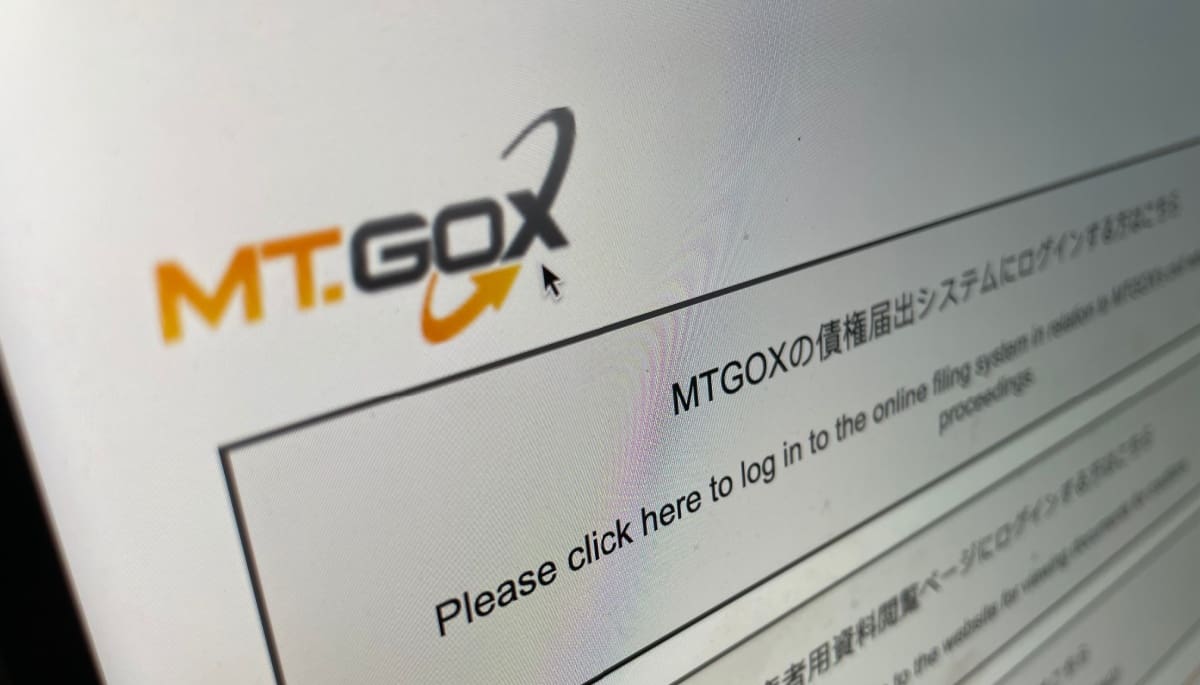The last years have been marked by the proliferation and intensity of natural disasters in France and around the world, which mechanically increases the number and number of losses.
In France, the specifications of the natural disaster compensation model, introduced in 1982 under Mitterrand‘s presidency, guarantee a protective framework for both insurers and policyholders. On the side of the insurer, the original risk is reduced due to the presence of the Caisse Centrale de Réassurance (CCR), an organization with public capital, which “insures the insured”; on the insurance side, the legal obligation to adopt the so-called “Cat-Nat” plan as soon as the home insurance contract is signed makes it possible to guarantee a coverage rate of more than 95% – but it is only 60% in Europe.
However, this apparent intensification raises questions about the ability of insurance companies to maintain a viable economic model: the Caisse Centrale de Réassurance announced that they had recorded a technical deficit of 80 million euros in 2023; in some countries, insurance premiums are so high that people no longer get insurance. In addition, the increase in natural disasters in some sectors and the gradual development of forecasting models are encouraging insurance companies to withdraw from the market, which is a challenge to the ” protection gap” (ie differences in coverage between areas).
To go further
Miriam Merad :
Laurence Barry :
- Working Paper #18 | February 2020 The invention of natural disaster risk
- Working Paper #28 | August 2022 The insurance premium in the era of big data: risk signal or reward?
- Working Paper #15 | April 2019 Justice or fairness? Equity of insurance
2024-11-11 13:04:00
#Risks #perils #insurance #natural #disasters #episode #Homo #œconomicus #podcast


